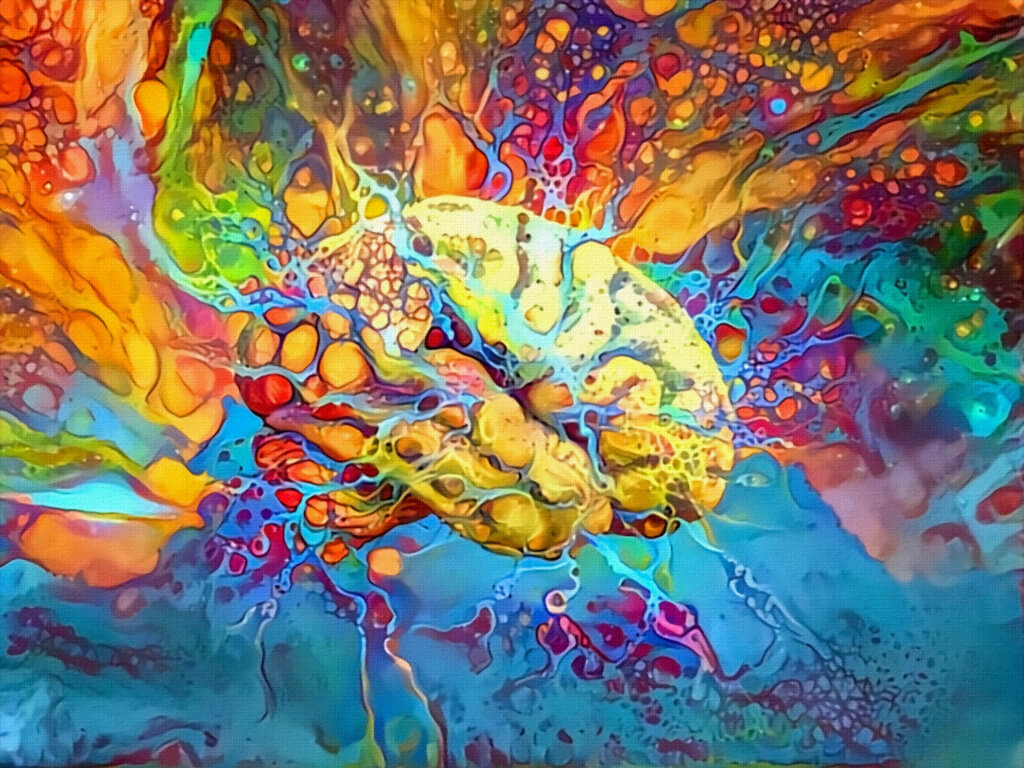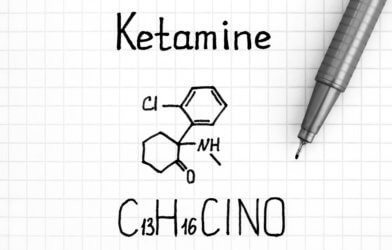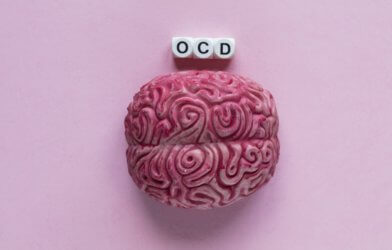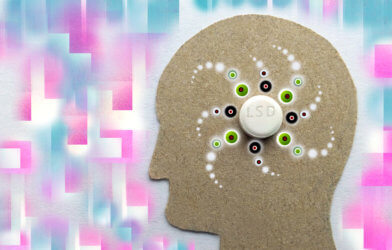A recent study by researchers at Johns Hopkins Medicine has shed new light on the effects of psychedelic drugs on the brain, revealing their ability to reopen “critical periods” during brain development. The findings suggest that these drugs could have broader applications in treating conditions such as stroke and deafness, beyond their current study for depression, addiction, and post-traumatic stress disorder.
Critical periods are specific phases in brain development when mammals are particularly sensitive to signals from their surroundings, allowing them to learn and adapt to new experiences. These periods play a crucial role in various functions, from helping birds learn to sing to enabling humans to acquire new languages and relearn motor skills after a stroke.
“There is a window of time when the mammalian brain is far more susceptible and open to learning from the environment,” explains Dr. Gül Dölen, associate professor of neuroscience at the Johns Hopkins University School of Medicine, in a statement. “This window will close at some point, and then the brain becomes much less open to new learning.”
The research team at Johns Hopkins has been studying how psychedelic drugs impact these critical periods, building on their previous work that found MDMA, a psychedelic drug known for its prosocial effects, can open a critical period in mice. However, the current study has revealed that other psychedelic drugs without prosocial properties can also reopen critical periods.
The team investigated five psychedelic drugs – ibogaine, ketamine, LSD, MDMA, and psilocybin – known for altering perceptions and inducing a sense of discovery about oneself or the world. They conducted behavioral tests on adult male mice to understand their ability to learn from social environments. The researchers trained the mice to associate certain environments with social interaction and others with isolation. After administering each psychedelic drug to the mice, they observed how long the critical period stayed open, enabling the mice to learn the value of a social environment – a behavior typically learned during juvenile stages.
Results show that ketamine opened the critical period for 48 hours, while psilocybin extended it for two weeks. For mice given MDMA, LSD, and ibogaine, the critical period remained open for two, three, and four weeks, respectively. Interestingly, the duration of the critical period seemed to roughly align with the average length of time that people report feeling the acute effects of each psychedelic drug.
Dr. Dölen suggests that the critical period’s open state might provide a post-treatment integration period to maintain the learning state. This insight could be valuable for clinicians in treating patients with psychedelic drugs, allowing them a healing and learning period akin to the postoperative recovery after open-heart surgery.
Additionally, the scientists explored the drugs’ impact on molecular mechanisms in mouse brain cells. They found that LSD and psilocybin use the serotonin receptor to open the critical period, while MDMA, ibogaine, and ketamine do not. Moreover, the researchers examined ribonucleic acid (RNA) expression in the mice’s cells and identified differences in 65 protein-producing genes during and after the critical period. Around 20% of these genes regulate proteins involved in maintaining or repairing the extracellular matrix, a scaffold-like structure around brain cells associated with social learning behaviors responsive to rewards.
The findings of this study, published in Nature, contribute to the growing field of neuroscience, paving the way for further research into the therapeutic effects of psychedelic drugs and their impact on brain development and function.











